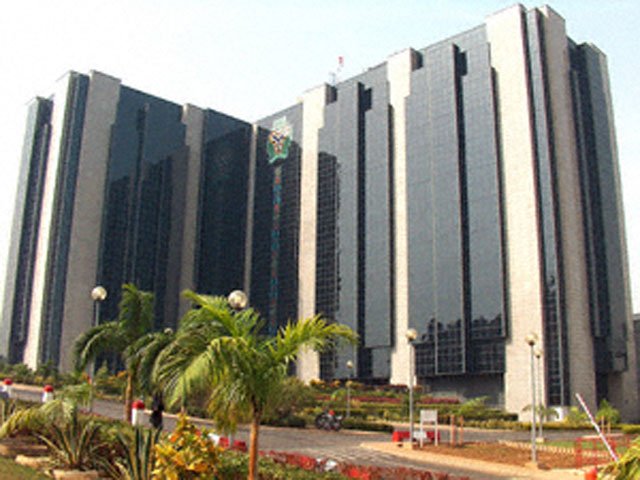• Also Blames Recession, Naira Depreciation
The Central Bank of Nigeria (CBN) in its Financial Stability Report (FSR) for the second half of 2016, ended December 31, released on Wednesday called attention to the worsening quality of loans granted by the nation’s deposit money banks, at 14%, farther away from 11.7% in the first half of the year.
The CBN set threshold for non-performing loan as a ratio of total loan book for Nigerian banks is 5%, which was last achieved at the end of June 2015, before it rose slightly to 5.3% at the end of 2015.
According to the report, “the deterioration in asset quality was largely attributed to the rising inflationary trend, negative GDP growth, and the depreciation of the naira.”
Inflation rate during the year rose to 18.6% in December, the worse since 2012 and more than double its 9.1% at the end of 2015. Before last December, Nigeria’s inflation rate had remained in the single digit level for three years and is projected to return to 12.1% at the end of this year, slightly higher than the 12.2% recorded in 2012.
Notwithstanding the continuing contractionary monetary policy stance of the CBN, the report noted that net aggregate credit to the domestic economy rose by 10.3% to N27.153tr up from N24.623tr at end-June 2016 representing, reflecting “increases in claims on the private sector and net claims on the Federal Government.”
Oil and gas remained the dominant sector, attracting N4.89tr representing 30.02% in December, up from N4.511tr or 28.78% recorded in the previous second half of 2016; followed from afar by the N2.214tr or 13.59% of the banking industry’s total loan book that went to the manufacturing sector, up from N2.03tr in June; while government borrowing accounted for N1.376tr or 8.45%, slightly lower than the N1.386tr or 8.84% recorded in the first half of the year. General borrowing pooled N1.324tr or 8.13% as against N1.383tr or 8.7%; general commerce attracted N1.038tr or 6.38% of the total loan book, down from N1.071tr or 6.83% of total; information and communications got N859.16bn or 5.27% in loans, as against N960.85bn or 6.13% at the end of second quarter. Real estate activities pooled N820.32bn or 5.03%, compared with 737.96bn or 4.71% of total in June; finance and insurance got N737.65bn or 4.53% from N692.94bn; power and energy gulped N726.29bn or 4.46%; as against N685.23bn or 4.37%; construction got N633.62bn or 3.89%, from N609.68bn or 3.89%; agriculture, forestry and fishing received N529.06bn or 3.25% of bank loans, compared with N482.71bn or 3.08%; while transportation and storage got N452.19bn or 2.78%, from N458.85bn or 2.93% at the end of the 2016 first half.
Meanwhile, total customer deposit rose by a moderate 0.75% to N16.784tr at the end of December 2016, from N16.673tr six months earlier, with the structure in the second half indicating that short-term maturities remained dominant in the market, as “loans and advances maturing in one year and below accounted for 46.4% of the total at end December 2016, compared with 46% at end-June 2016.
“The medium-term maturities rose by 2.6% points to 20.7%, from its level at end-June 2016, while the long-term maturities rose to 32.9%, compared with 35.9% at end-June 2016,” the report added.
Five banks, the FSR also noted, continued to dominate activities in the Nigerian banking industry in the review period, with average concentration ratio in deposits and assets of 53.7% and 53.68%, respectively, at end-December 2016, up from 43.3% and 51.9% at end-June 2016.
The market shares of the largest bank with respect to deposits and assets stood at 13.20% and 14.23%, respectively, the report stressed, noting that 19 others had market shares ranging from 0.02 per cent to 6.19 per cent, in deposits, and 0.06 per cent to 6.23 per cent in assets.
The report however acknowledged the resilience and soundness of Nigerian banks even in the face of daunting challenges, going by “result of examinations conducted in the review period confirmed the resilience and soundness of banks.”
“The outlook is positive, despite current challenges. It is expected that with the implementation of the Government’s Economic Recovery Plan, the country will return to the path of growth in 2017,” the report added.








